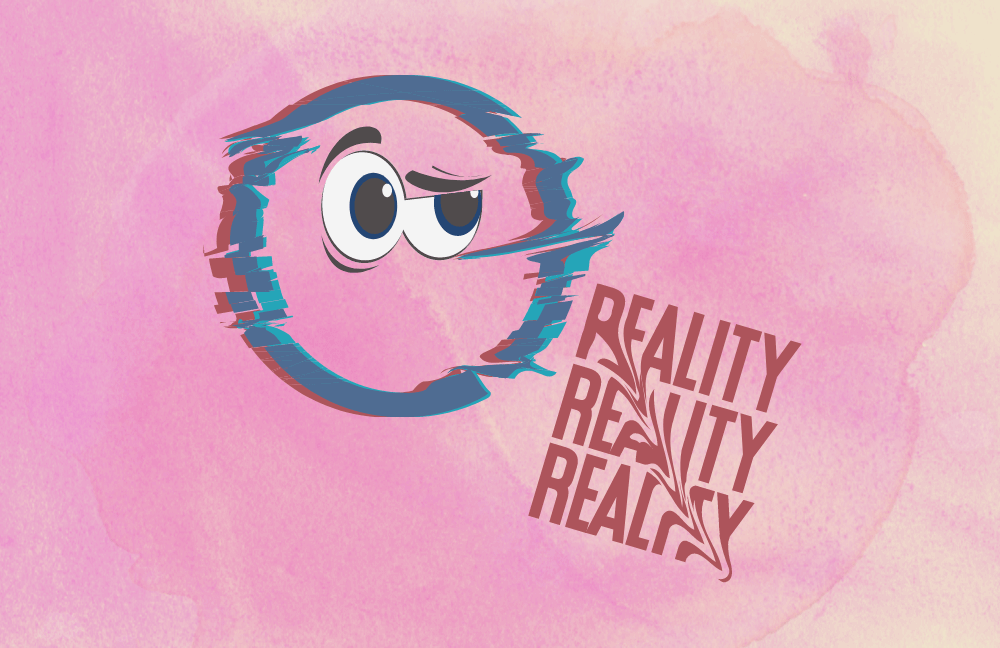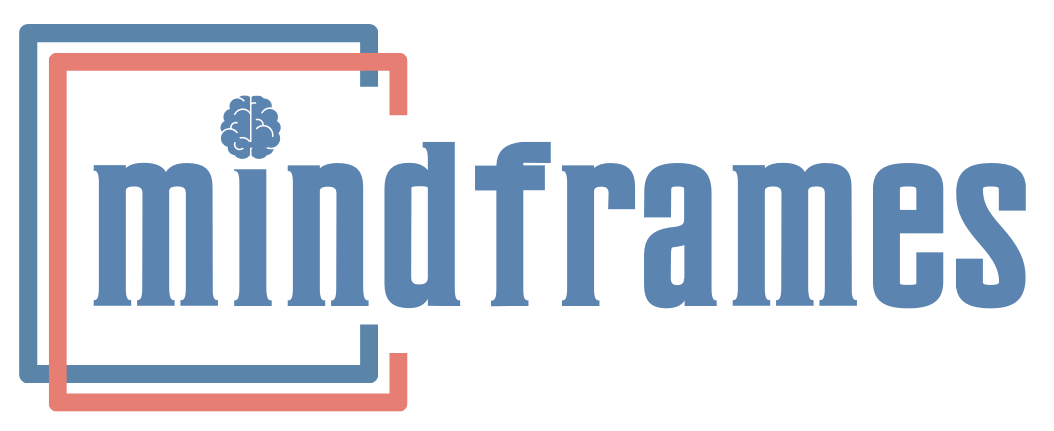Autistic Spectrum Disorder (ASD)
What is Autistic Spectrum Disorder (ASD)?
Autistic Spectrum Disorder (ASD) or the more commonly used word Autism, is a complex neuro-developmental brain condition which is characterized by two essential problems – difficulty in social communication and restricted or repetitive behaviors. Autistic children say no to certain things so vehemently, and stick to personal preferences so strongly, that relating to anyone becomes challenging. One may argue that many children can be socially awkward and uncomfortable, and this passes with time. But the truth is, autistic signs present early, are more pervasive, are not exactly normal for the child’s age and background, and tend to last, forever.
Autistic children are unique. Not just from other kids but also different from each other. Every autistic child has a distinct set of strengths and limitations. The ways in which kids with autism learn, think and problem-solve, can either be highly skilled or maybe severely challenged. It becomes important for the parent of such a growing child to know this well in time. The autistic spectrum ranges from full blown autism (described below) to milder forms like Asperger’s (pure language maldevelopment) or childhood disintegrative disorder and unclassified autistic disorder (milder symptoms).
Is Autism a Serious Problem?
Because social and communication deficits have become so common these days and many kids face them, parents are typically not aware that this can be a neuro-psychological problem that might need professional guidance. Parents believe that autistic kids outgrow this with time. That is why many children who have autism don’t really end up getting treatment for it. Some children with ASD may require significant support even for daily living, while others may need less support and, in some cases, live entirely independently. A professional evaluation is hence important to see how to help the child. Autism is always serious because it hampers the child’s growth and development.
What if I Wait it Out and Not Seek Treatment?
Autism comes from auto-ism. Hence narcissism and self-gratification are prime. People with ASD feel emotions strongly – rejection, pain, craving, greed, sadness, nervousness, frustration, or anger too for instance; but don’t have the personal skills to express them well. Children do not outgrow this deficit by themselves so waiting it out can be very damaging. ASDs considerably lower the capacity of a person to perform basic daily activities and participate as an integrated member of society.
Essentially this means that such children cannot maintain basic friendships; as well as school, work or romantic relationships. Their inability to relate with others adversely influences their educational, social and interpersonal opportunities. And if we leave this unattended, children are subject to stigma and discrimination because they seem ‘queer’ or different to others. They don’t want to be singled out, but their lack of connectedness makes them stand out, and worsens an already low self-esteem.
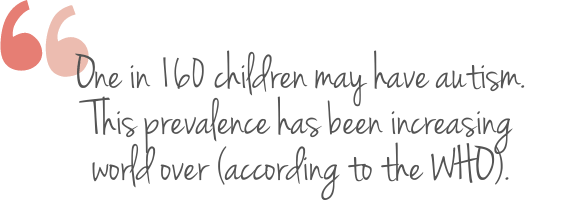
Why do Children develop Autistic Disorder?
Presentation and Diagnosis of Autistic Disorder
Social Deficit
- Don’t respond to name by 1 year
- Avoid any kind of eye-contact
- Want to play by themselves always
- No common interests with friends
- Communicate for personal gain
- Minimal emotional expressions
- Unable to offer personal space
- Avoid or resist physical contact
- Cannot be comforted by anyone
Queer Behavior
- Unquestionably need symmetry
- React very powerfully to change
- Have rigid and obsessive interests
- Flap their hands in an unusual way
- Rock their body or spin in circles
- Have strange reactions to smell
- React to textures very intensely
- Endanger themselves quite often
- Like parts of objects, not the whole
Communication Deficit
- Delayed speech and language
- Keep repeating things (echolalia)
- Reverse pronouns (“you” for “I”)
- Bizarre answers to questions
- Flat, robotic, or sing-song voice
- Don’t point or react to pointing
- Use few or no hand gestures
- Cannot pretend in play with toys
- Do not understand jokes at all
Associated Symptoms
- Hyperactivity (all over the place)
- Impulsivity (acting without thinking)
- Aggression at slight provocation
- Hurting oneself often (by choice)
- Very frequent temper tantrums
- Highly unpredictable emotions
- Avoiding their dreaded object
- Too reckless, or too cautious
- Odd eating and sleeping habits
Management of Autistic Spectrum Disorders
The key to managing autistic spectrum disorder is making the diagnosis and taking corrective measures well in time. There is no cure, but there are methods to improve mental functions and make everyday life easier. Many children with autism also tend to have other conditions such as ADHD, temper tantrums, depression or uncontrolled aggression. Also, often enough parents misconstrue the social awkwardness as a developmental phase which will pass.
Developmental monitoring is about observing your child as he or she grows and monitoring the changes over time. For this of course you need to know the typical developmental milestones in playing, learning, speaking, behaving, and moving. Developmental screening on the other hand, is more formal, and takes a closer look to see if something is amiss. This is ideally done by a professional. In both cases, it’s important to see an expert in order to understand what you need to look out for.
Medication may be recommended when kids get too aggressive, but working with non-medicinal techniques helps children tremendously in social skill development. And this is even more important at a younger age, when the child would inherently be gaining these skills. Also, since these children are more rigid and less receptive, breaking this pattern earlier on is beneficial.
Psychotherapy for the child, and particularly behavior therapy (offered by parents) is equated with common sense parenting –simple tips like setting house rules, maintaining a routine, ensuring sufficient sleep, limiting screen time, and performing everyday tasks together; all help establish structure and promote prosocial behavior. Most importantly, as a parent, it’s imperative to not get worked up about the condition, not react emotionally, be consistent with the home behavior modification plan, and seek timely and regular guidance from a supportive and empathic professional.
Dr Shefali Batra was interviewed by Free Press Journal on Parenting.
Therapy Goals for Parents
- Understand autism on the spectrum
- Learn applied behavior analysis (ABA)
- Be accustomed to crisis management
- Master teaching social and life skills
- Learn to keep calm in every situation
- Follow home prosocial behavior tasks
- Feel empowered and not hopeless
Therapy Goals for Children
- Build social and communication skills
- Inculcate positive prosocial behaviors
- Enhance their frustration tolerance
- Set a routine and follow it properly
- Lessen the emotional hyperreactivity
- Build self-confidence and self-esteem
- Enhance assertive communication
Support for Autistic Disorder
Fighting a genetically determined pattern in children is not easy. Parents too might find it challenging to modify their automated reactions to their child (typically frustration). With ongoing support, behavior reinforcement training, modifying environmental triggers, assertiveness and social skills training, impulse control and relaxation, and mindful parenting, children can deal with this better. Parent education, behavior therapy, cognitive therapy, applied behavior analysis and other specialized child therapy interventions help maximize the autistic child’s physical, social, academic and emotional development. Doing something about it is better than ignoring it.
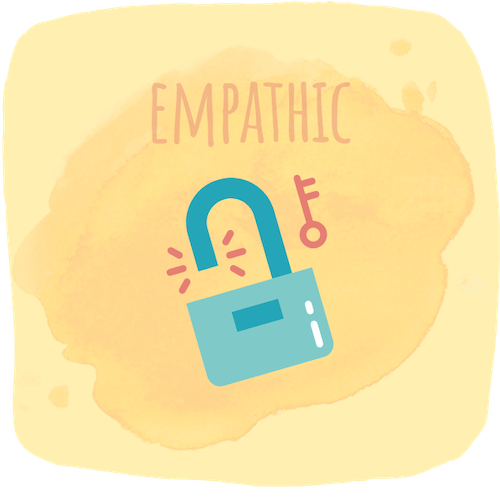
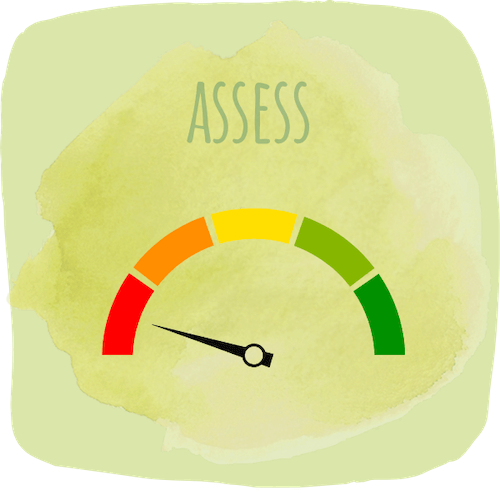


References
- Hodges, H., Fealko, C., & Soares, N. (2020). Autism spectrum disorder: definition, epidemiology, causes, and clinical evaluation. Translational pediatrics, 9(Suppl 1), S55–S65.
- Sharma, SR., Gonda, X., Tarazi, FI., (2018). Autism Spectrum Disorder: Classification, diagnosis and therapy. Pharmacol Ther, 190:91-104
- Martínez-Pedraza, F., & Carter, A. S. (2009). Autism spectrum disorders in young children. Child and adolescent psychiatric clinics of North America, 18(3), 645–663.
Latest Posts

7 Reasons Why You Should Seek Therapy
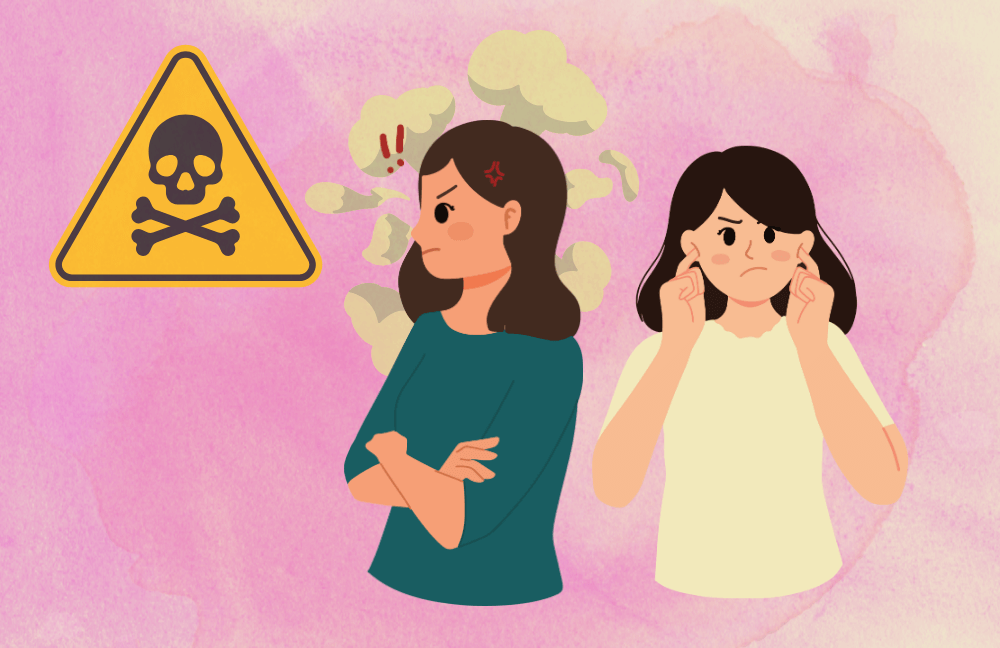
5 Ways To Deal With A Toxic Coworker
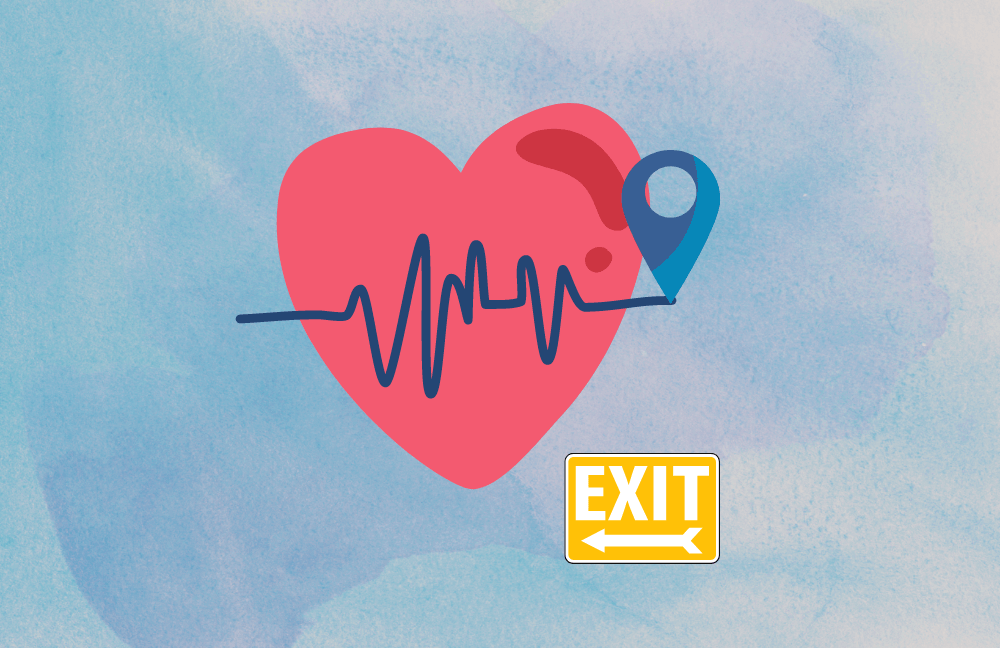
Journey: Why Is It Something No-one Talks About?

Money vs. Happiness: Who Is Winning the Desperate Race?
